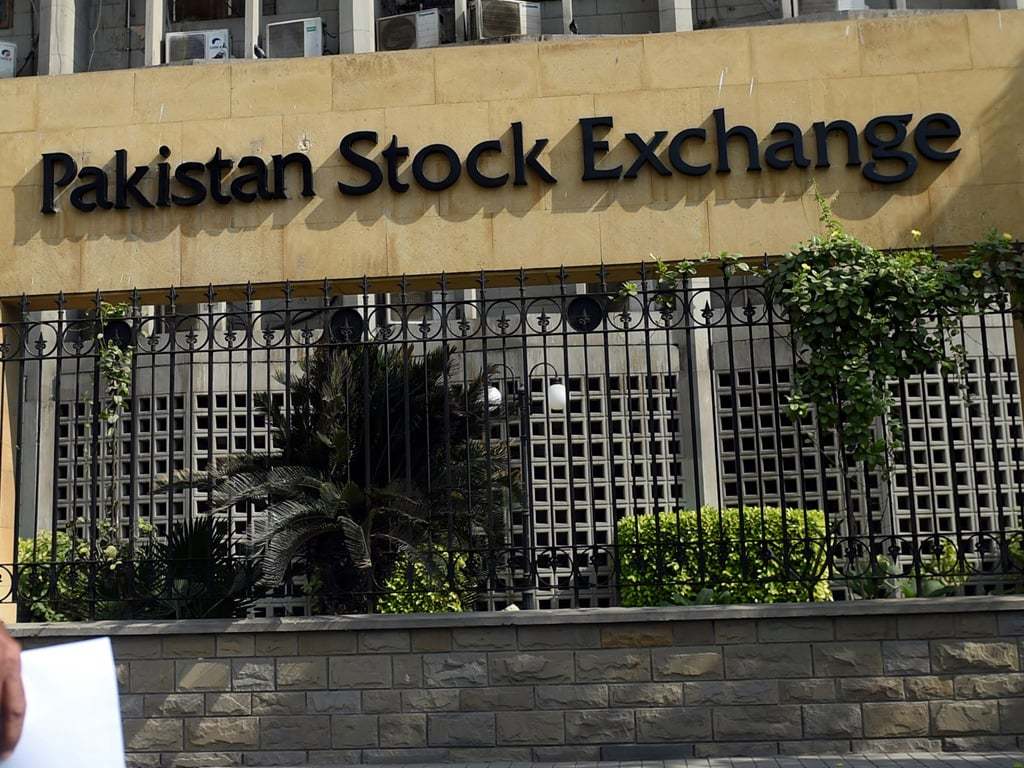Pakistan was downgraded from its status as an emerging market, a little over four years after it was reclassified from the Frontier Markets (FM) Index by Morgan Stanley Capital International (MSCI).
The announcement, made early Wednesday morning, will not surprise market followers, however, that expected the decision after MSCI, whose indexes are tracked by global investors to make investment decisions, said in June that it would begin consultation on a proposal for Pakistan’s reclassification.
“MSCI Inc. (NYSE: MSCI) announced that it will reclassify the MSCI Pakistan Indexes from Emerging Markets to Frontier Markets,” it said in a press release.
“This conclusion follows feedback received from market participants from its recent consultation. MSCI will reclassify the MSCI Pakistan Indexes from Emerging Markets to Frontier Markets in one step, coinciding with the November 2021 Semi-Annual Index Review (SAIR),” the release added.
“Based on a simulation using pro forma data as of August 31, 2021, this would lead to the inclusion of four securities in the MSCI Frontier Markets Index with an estimated index weight of 1.90%.”
The MSCI said that while the Pakistani equity market meets the requirements for market accessibility under the classification framework for Emerging Markets, it no longer meets the standards for size and liquidity.
“Since the November 2019 SAIR, there have been no securities in the MSCI Pakistan equity universe that meet the Emerging Markets size and liquidity criteria within the MSCI Market Classification Framework.”
Pakistan was promoted from a frontier nation to the status of an emerging market in June 2017 after it convinced global investors of its economic reforms and market access.
However, investors expressed their skepticism about the promotion even back then, calling the EM Index a “pond too big for a small fish like Pakistan”, a near $300-billion economy. On the other hand, the market cheered what it saw as an opportunity to promote the PSX, while policymakers hailed the development, choosing to ride the wave of positive news that surrounded the economy at the time.
Fast forward to 2021, a gradual reduction in market capitalisation of the companies listed on the MSCI Pakistan EM Index has eventually landed it in the same position it was in four years ago — the FM Index.
Now dubbed as a ‘big fish in a smaller pond’, many believe the decision could very well be a non-event for Pakistan’s stock market. Pakistan’s weight in the EM was reduced from 15 basis points to a mere 2 basis points in the four years it spent among EM peers.
“We believe Pakistan would garner more interest in the FM (Index),” Mattias Martinsson, founding partner and Chief Investment Officer at Tundra Fonder, told Business Recorder in response to the development.
Tundra Fonder, the Sweden-based fund, has assets under management of around $250 million with one-fourth exposure in Pakistan.
“There would be foreign outflow in 13 to 14 stocks, but we believe local funds have the power to absorb the selling. It will be quickly passed.”
Tahir Abbas, head of research at Arif Habib Limited, said Pakistan is expected to remain in the limelight of foreign investors.
“Barring Vietnam, the fundamentals of the KSE-100 Index are relatively stronger than those of the peer markets (with a higher weight) with valuations at very enticing levels,” Abbas told Business Recorder.
Foreigners have remained net sellers in Pakistan’s stock market for a number of years now with the outflow coming to $571 million in calendar year 2020, and another $157 million in 2021 (year-to-date).
During this period of a little over 20 months, the KSE-100 Index has increased close to 13%.
However, Martinsson said effects of structural changes in the economy, which have a direct impact on profitability of KSE-100 companies, take time.
“Barring the event in 2008 (when the regulator froze trading), there have been very few ‘disruptive’ events at the PSX. This is not an issue of disruption as much as it is about Pakistan needing ‘bigger’ companies (in terms of market cap).
“This will happen with time. In order to lift the PSX, you need incentives. If the economy is becoming more documented, its a good thing.
“Investor worry is around valuation. If that comes up a bit, you can see more listings. We are already seeing that in the tech space. The reform work has been under way, and the documentation process is encouraging.”
Meanwhile, Abbas said in light of the structural reforms undertaken in recent times, it appears that the country has begun an era of sustainable growth. “Benefits have started rolling in already, and coming years could potentially yield even better results.”
Pakistan registered GDP growth of nearly 4% in fiscal year 2020-21, beating earlier estimates of even its own central bank and the International Monetary Fund (IMF). It followed an economic contraction – the first in over seven decades – in the previous year as policymakers battled to control a widening current account deficit.
While the country is targeting 5% growth this year, a higher trade deficit in the first two months of the ongoing fiscal is again causing worry.
(source: brecoder)

